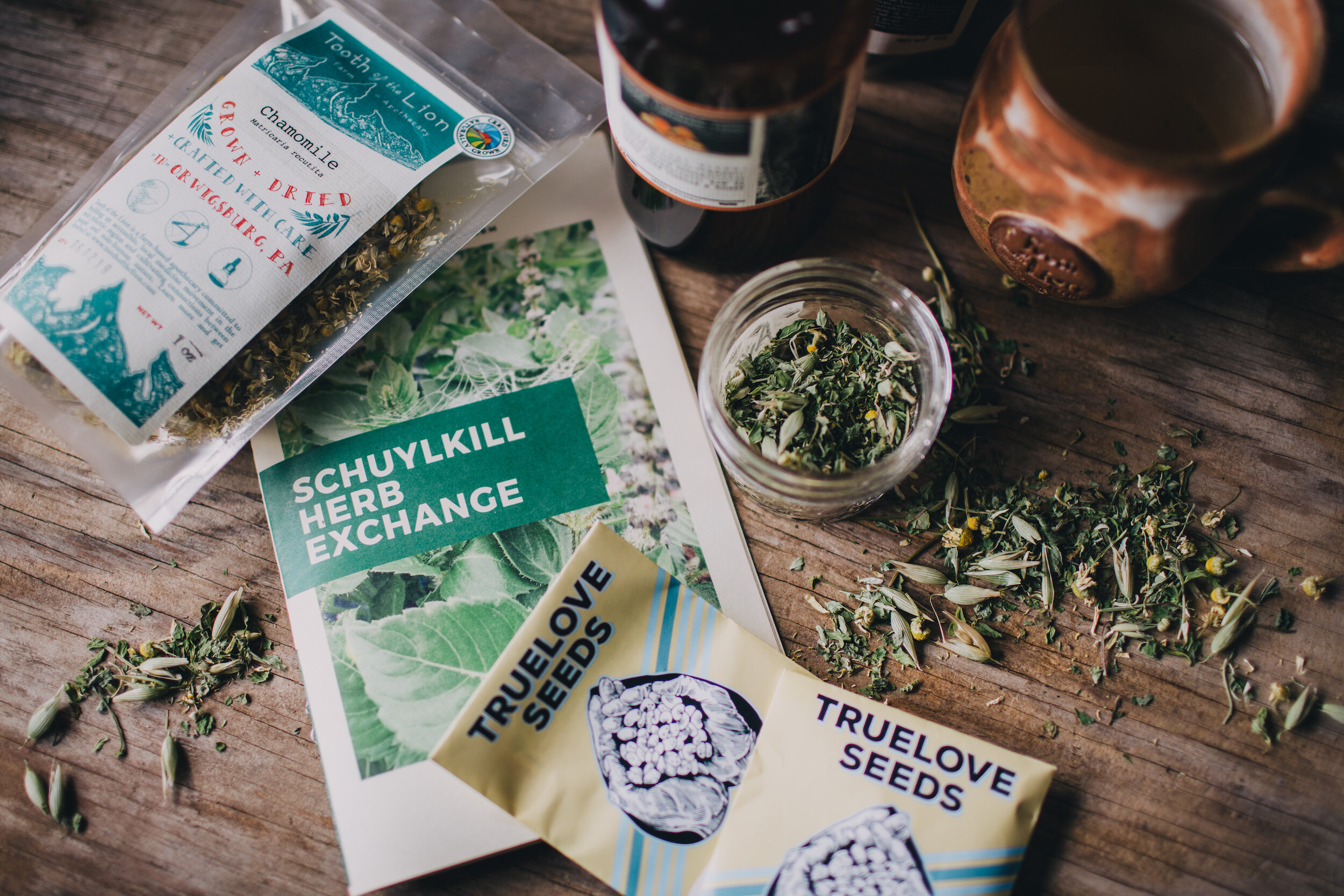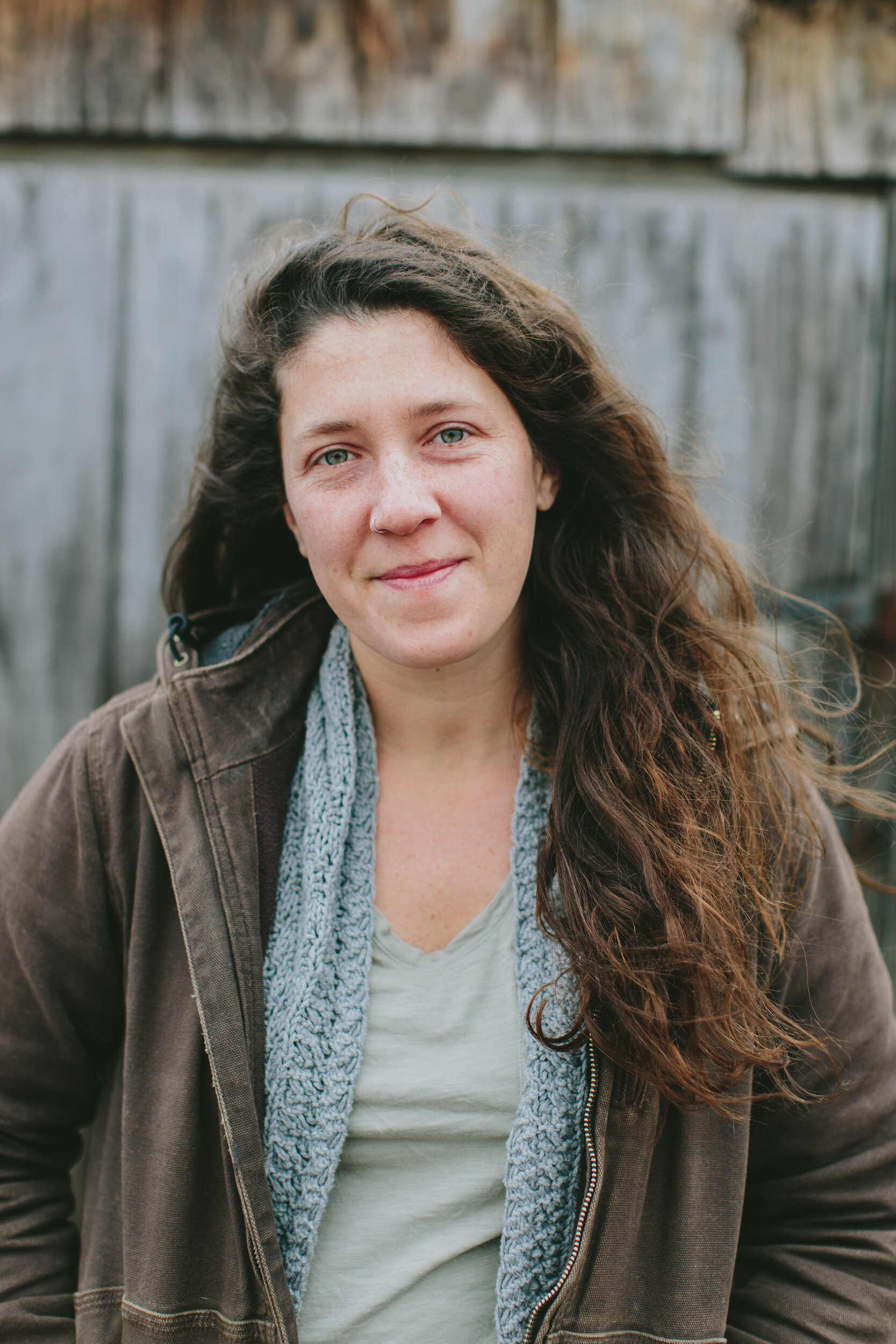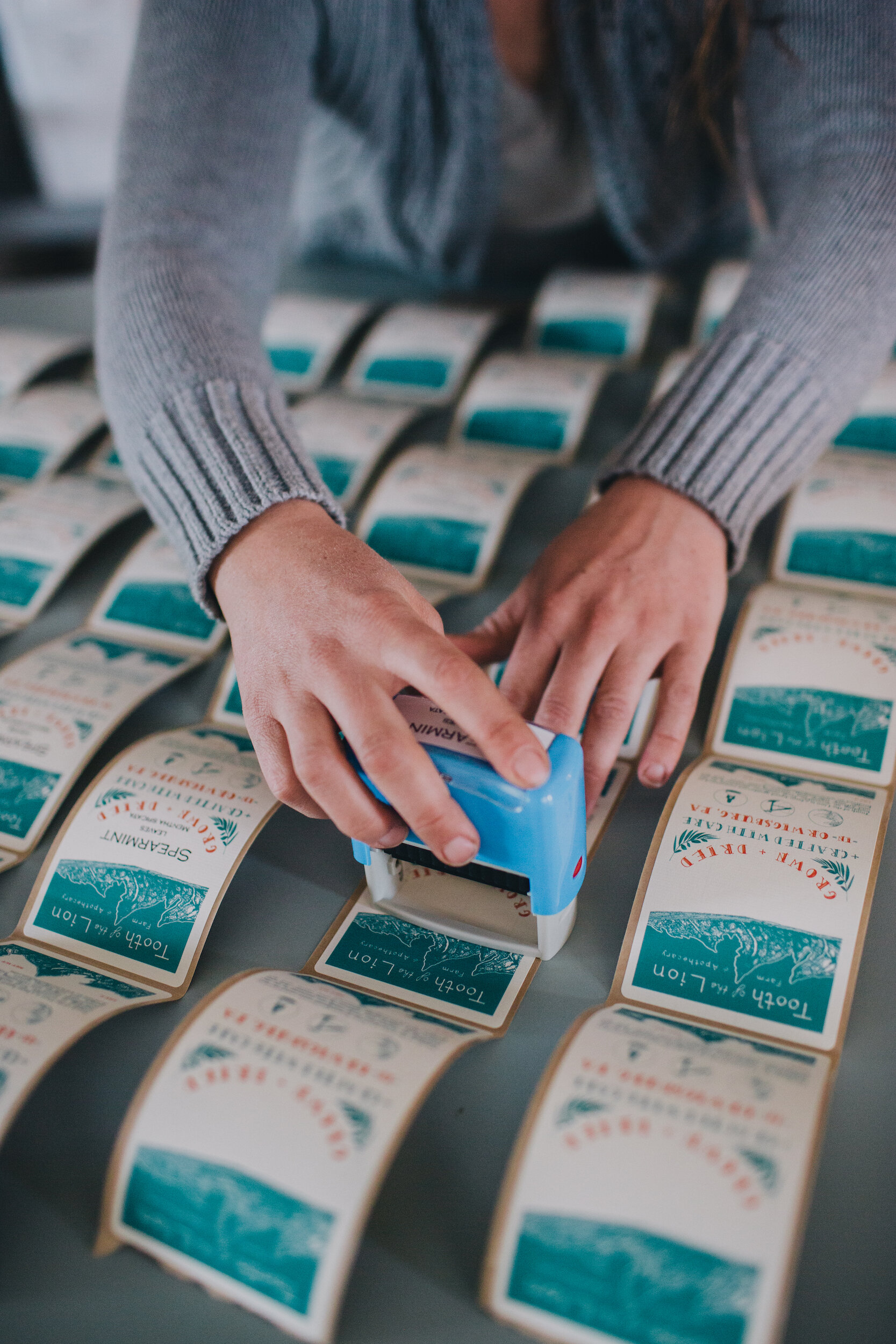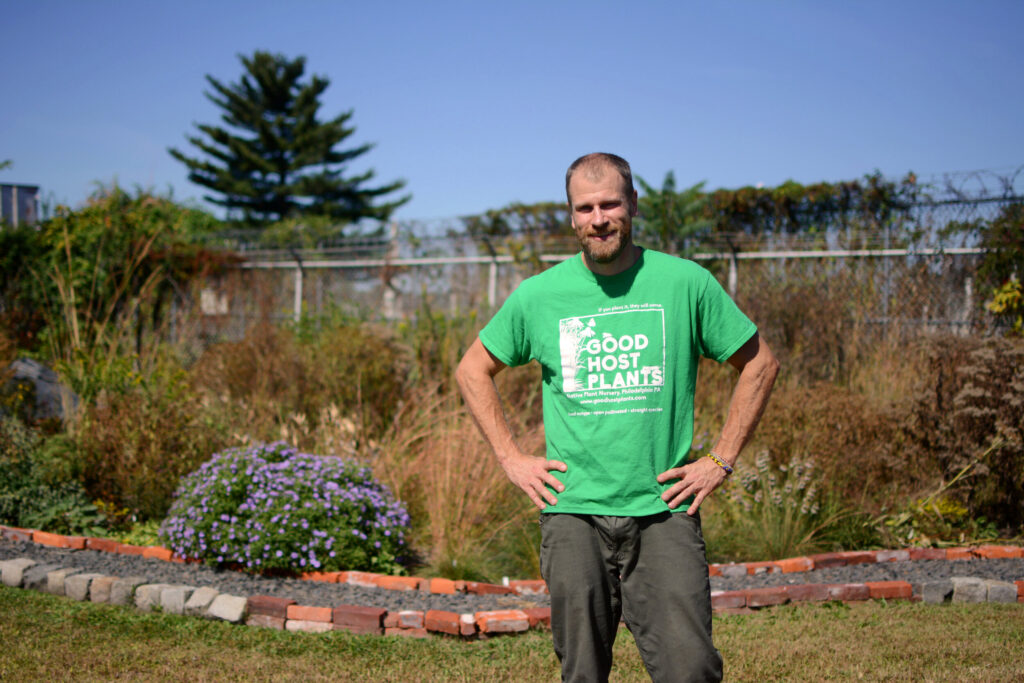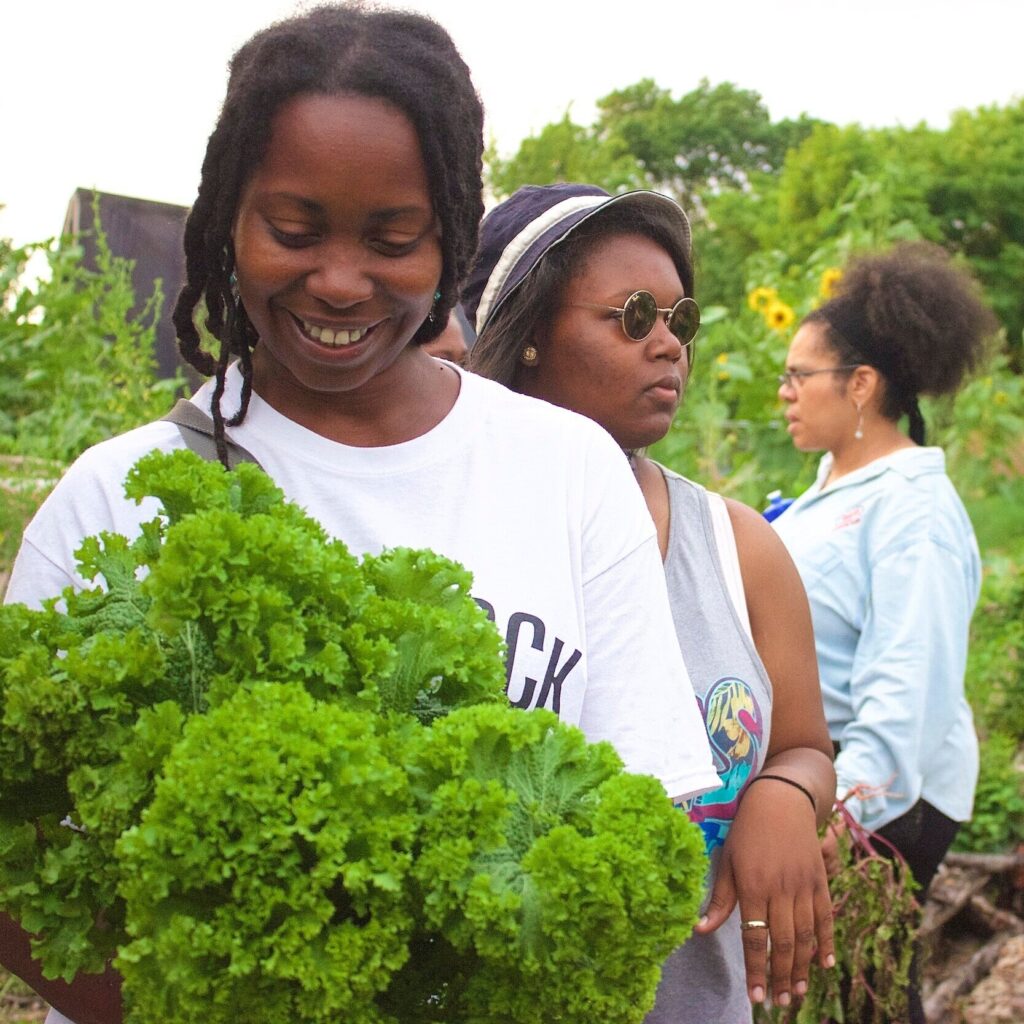Medicine Box
By Alexandra (Marie) Jones & Photography by Parikha Mehta
As healthcare and health insurance costs have spiraled out of control in the U.S. and our world becomes more and more anxious, the market for products aimed at curing our ailments and soothing our psyches grows. According to the Global Wellness Institute, which has reported annually on the industry since 2014, the wellness market expanded 12.8 percent between 2015 and 2018, with consumers across the world increasing spending from $3.7 trillion to $4.2 trillion. Thanks to the Dietary Supplements Health and Education Act of 1994, in which the supplement industry successfully lobbied to allow products (everything from adaptogenic matcha lattes to vitamin C tablets to weight-loss powders) to go to market without regulation from the Food and Drug Administration, manufacturers can make outlandish, unproven claims about the effectiveness of their products without consequence.
To Katelyn Melvin, founder of the cooperatively run Schuylkill Herb Exchange CSA, that makes knowing the person who grew your medicine, and providing information about how to use and what to expect from the products she makes, all the more important. “That’s really the crux of why I’m in this business,” she says. “I hope that people can kind of build that trust with us.”
Melvin is a clinical herbalist and owner of Tooth of the Lion Farm and Apothecary, a six-acre medicinal herb farm about 90 miles northwest of Philly, in Orwigsburg, Schuylkill County.
Melvin began selling Tooth of the Lion’s products in 2017 using the CSA subscription model that farmers have been using for years. The subscription model is a great fit for the apothecary farm, as dried herbs and small containers of medicines take up very little space and weight and don’t require refrigeration. After a few years, the Tooth of the Lion crew thought about what they could do to create a community—not only for their CSA members, but for the region’s herbalists and growers, too.
“I was trying to envision a more cooperative model of business,” Melvin says. “A lot of people start small farms, and you can kind of live in isolation, especially if you’re in a more rural area.” With this in mind, Melvin reached out to herbalists across the state to get involved in what would become the Schuylkill Herb Exchange. Each monthly subscription box would include two or three items from Tooth of the Lion’s apothecary, with a special product purchased from a guest herbalist or farmer.
Choosing a cooperative model helped share the burden of marketing, which is essential for educating and building relationships between growers and customers. In the case of medicinal herbs, making sure customers can trust your products is essential in the age of Gwyneth Paltrow’s lifestyle brand Goop, Instagram influencers and Facebook friends involved in multi-level marketing (aka pyramid) schemes trying to sell us “natural” products.
Guests have included city herbalists like Nykisha Madison of Neighborhood Food Farm as well as Kelly McCarthy and Mandy Katz, who teach an introductory herbalism course, Building Your Home Apothecary, at Bartram’s Garden (last September’s box included salves made by the whole class). Barefoot Botanicals in Doylestown, where registered nurse and herbalist Linda Shanahan grows certified organic herbs and makes medicines, contributed syrups and hydrosols, also known as flower waters.
“There [are] so many ways people use herbal medicine, so I just wanted to make voices in the area more visible,” Melvin says. In an effort to make the subscription more accessible, the program gives members the option to contribute a small monthly donation that will subsidize the cost of subscriptions or even the full cost of a delivery for low-income households.
Melvin tested out the new model with around 50 subscribers in Pennsylvania and surrounding states in 2019. She also wanted to acknowledge the communities of healers and consumers from non-Western cultures, whose plant medicine traditions are often marginalized or co-opted by mainstream herbalism and the wellness industry. In the December 2019 box, for example, Melvin’s team made horehound cough drops to soothe winter colds, an anise-mint tea blend and a warming tulsi-ashwagandha elixir used for its purported stress-relieving properties. Desiree Thompson, the Reiki practitioner, ancestral energy worker and herbalist behind West Philly-based Nana Catherine’s Apothecary, contributed a spiritual bath.
“I always like to introduce plant medicine to folks as a process or method of reconnecting or understanding aspects of themselves that may have been lost due to trauma or just living in an inequitable world,” Thompson explains. Calling on Southern and Caribbean traditions, she chose a blend of herbs to offer connection and rejuvenation in the depths of the darkest season.
Her selections included chamomile, rose geranium and pokeroot—traditionally used by enslaved Africans in the American South to treat internal and external maladies—that the user boils into a decoction before adding to a hot bath.
Thompson shares her philosophy and provides a how-to for getting the most out of the replenishing ritual in the exchange’s monthly zine, a sheaf of pages with each medicine box that includes information about the herbs, their applications and recipes and recommendations for how to use them. Melvin writes a seasonal dispatch from the farm, and guest herbalists are provided with space to share their stories and traditions with the program’s members.
It is Melvin’s hope that building direct relationships with her customers and providing in-depth information about these plants and how to use them will create the bond necessary to cut through the misinformation of the wellness industrial complex and create the possibility of closer relationships between body, mind, spirit and land. With herbs and herbal products made fresh throughout the season, Melvin says, “you can see and smell and taste and feel the difference.”
Thompson agrees. “A lot of my … beef with the way that wellness is talked about generally is there’s a kind of attention to quickness, convenience and fixing,” she says. “I think farming … has always been a really healthy and nature-based answer [with] slowness and thoughtfulness and sufficiency and consideration. I don’t think everybody would use those words to describe Amazon or Urban Outfitters.”
The Schuylkill Herb Exchange is now taking 2020 subscribers for its pay-as-you-go flexible subscription program. Learn more and sign up at toothofthelion.com.

